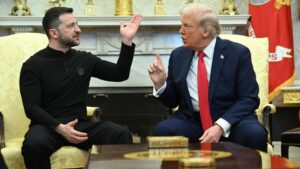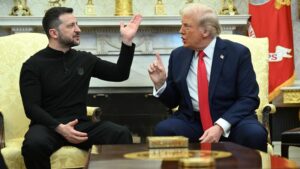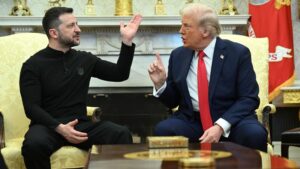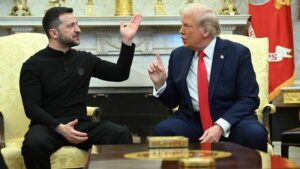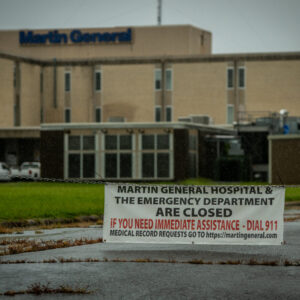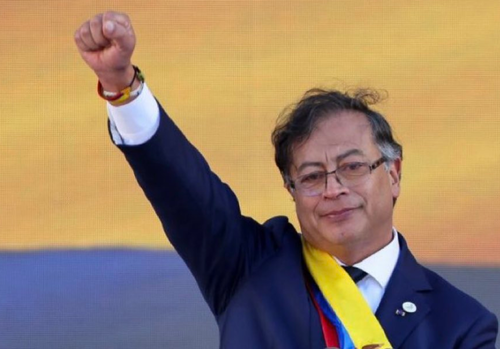
The Trump administration has recalled its top diplomat in Colombia, John McNamara, for “urgent consultations” following what it described as “baseless and reprehensible” statements from senior Colombian officials. While specific remarks were not disclosed, the State Department indicated that further actions could follow. This diplomatic maneuver underscores escalating tensions between the two nations, which have been aggravated by the recent shooting of opposition Senator Miguel Uribe. U.S. Secretary of State Marco Rubio attributed the incident to inflammatory rhetoric from Colombia’s far-left government.
In a reciprocal move, Colombian President Gustavo Petro has recalled his country’s ambassador to the United States, citing the necessity to reassess the bilateral relationship. This development comes amid a backdrop of deteriorating security conditions in Colombia, where crime and coca cultivation have surged under President Petro’s leftist regime. Once a stalwart ally of the U.S., Colombia is witnessing a rise in coca cultivation, which increased by 10% last year to 253,000 hectares, producing over 2,600 tons of cocaine.
Mounting Tensions and Diplomatic Fallout
The situation has been further complicated by President Petro’s earlier refusal to accept deportation flights from the U.S., prompting threats of tariffs and sanctions from President Trump. Although that particular dispute was defused, the broader relationship continues to fray. The diplomatic fallout has already claimed a casualty with the resignation of Colombian Foreign Minister Laura Sarabia.
The tensions are exacerbated by the activities of the National Liberation Army (ELN), which has seized control of the Catatumbo region, a significant drug corridor near the Venezuelan border. This development has intensified the challenges facing Colombia’s government and its ability to manage the drug trade.
Policy Differences and Strategic Implications
President Petro’s “total peace” policy, which focuses on negotiating with drug cartels, has frustrated the Trump administration. The U.S. has been actively working to dismantle cartel networks across the Americas to curb the flow of illicit drugs into its borders. According to Bloomberg, citing sources familiar with the matter, Petro’s perceived lack of cooperation on narcotics trafficking is a significant source of tension with Washington.
“Washington’s relationship with Bogotá is rapidly going from bad to worse,” Geoff Ramsey, a senior fellow at the Atlantic Council, told Bloomberg.
This strained relationship could lead to a significant diplomatic shift, with the Trump administration considering decertifying Colombia as a reliable partner in the war on drugs. Such a move could occur as early as this fall, marking a pivotal point in U.S.-Colombia relations.
Internal Struggles and Political Instability
Internally, President Petro has accused “right-wing extremists” of plotting to overthrow his government, highlighting the political instability and power struggles within Colombia. These allegations suggest a deepening divide within the country’s political landscape, further complicating the prospects for stability and cooperation with international partners.
The announcement comes as Colombia grapples with a challenging security environment and the need to balance domestic policy with international expectations. As the situation unfolds, both nations will have to navigate a complex web of diplomatic, economic, and security challenges.
Looking forward, the implications of these developments could redefine the strategic partnership between the U.S. and Colombia, with potential consequences for the broader region. The international community will be closely watching how both countries address these issues and whether they can find a path to renewed cooperation.
